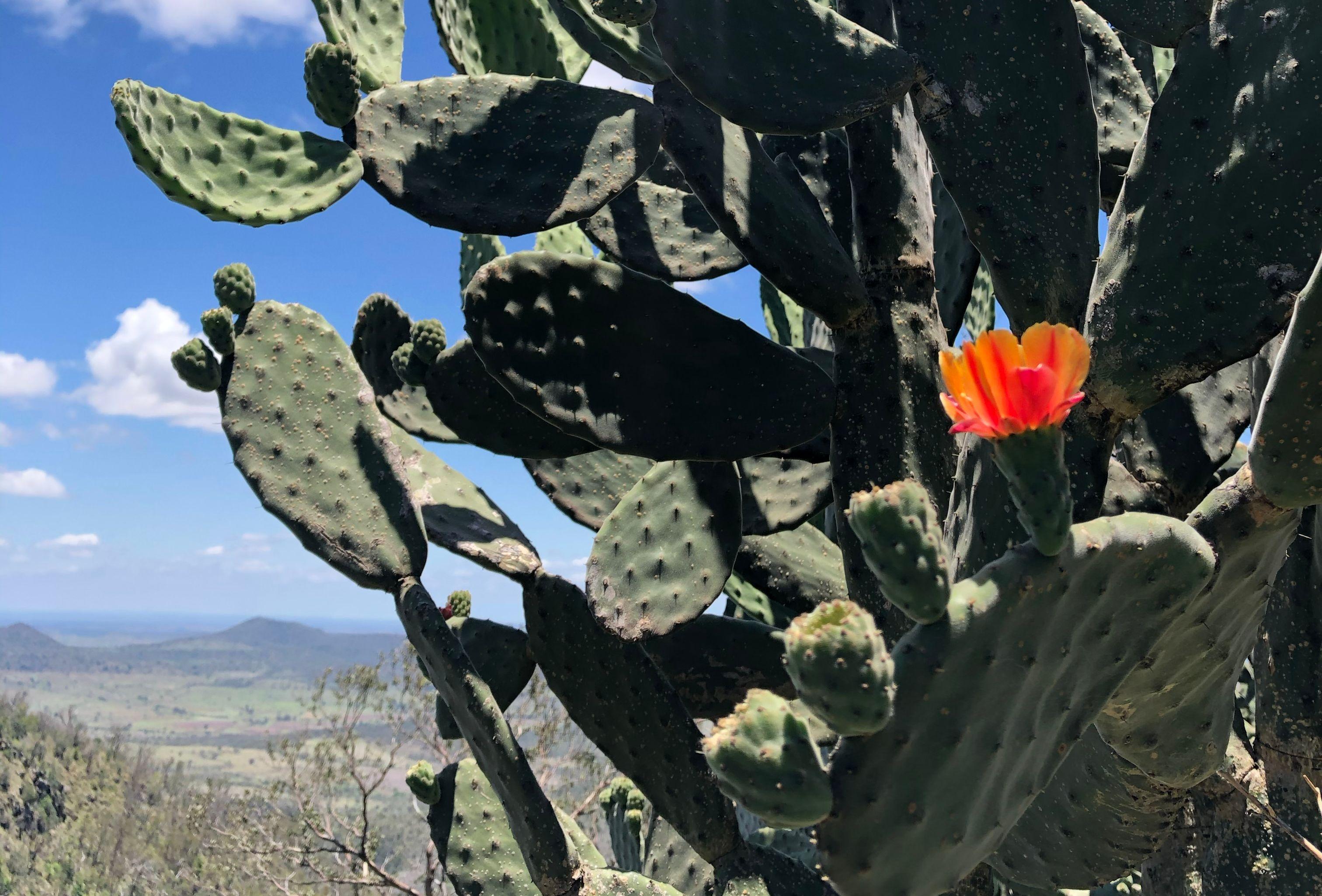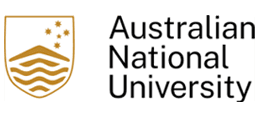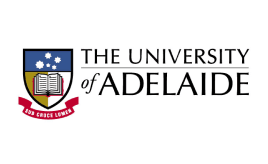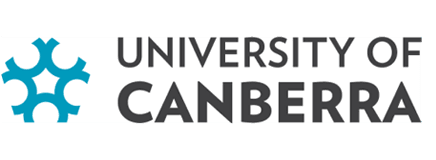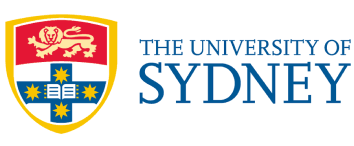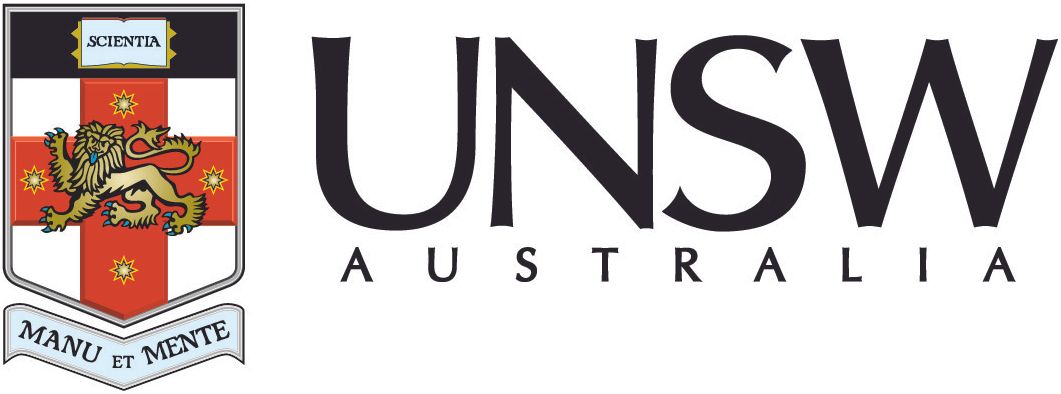Three-quarters of Australians want more national parks, study finds
People bushwalking in Girraween National Park. Image source: Jaana Dielenberg
Media Release
11 February 2025
New research shows that three-quarters of Australians support the establishment of new national parks to protect natural and cultural values, and only 5% are opposed to establishing new parks.
Biodiversity Council's Jaana Dielenberg spoke with Tim Wong-See on ABC Radio Sunshine Coast about the recent anti-national parks campaign on social media and how the "silent majority" actually support new national parks.
Monash University’s BehaviourWorks Australia conducted the research for the Biodiversity Council. It asked 3,500 people if they support the establishment of new national parks.
The study found that, out of every 100 people in the Australian community, 72 are in favour of new national parks, and only 5 are against them. A further 23 per cent of people identified as neither supporting nor opposing.
The results show that the angry backlash on social media against a beer maker for supporting national parks is at odds with the views held by the vast majority of the community.
Carlton and United Breweries, the maker of Great Northern beer, was aggressively attacked on social media for launching a fundraising campaign for national parks, and subsequently cancelled the campaign.
The people behind the attack characterised national parks as ‘woke’ and shared videos of driving over Great Northern beer cans with four-wheel drives and smashing them with bats.
People opposing national parks say they are an attempt to lock people out of the bush and restrict their ability to freely shoot, four-wheel drive, prospect, take dogs, and collect wood in state forests.
In contrast, supporters of national parks value their role in conservation and the higher level of community infrastructure available to support them spending time in nature, such as toilets, picnic areas, accessible walking tracks and signage.
People enjoying a swim in one of K’Gari National Park's lakes. Image source: Jaana Dielenberg
Despite the social media attack on Carlton and United Breweries, the new research shows that only a very small proportion of the population hold anti-national-park views.
Biodiversity Council Lead Councillor Professor Liam Smith from Monash University said that understanding the community's views on national parks is of keen interest because Australian governments have committed to increasing the amount of land in conservation areas.
“In response to the biodiversity loss crisis, Australia has joined other countries in committing to increase the amount of land in conservation areas to 30 per cent of the country by 2030.
“Meeting that target will require increasing the existing amount of conservation areas by 26 per cent.
“Our results show that the vast majority of Australians support establishing new national parks.
“In fact, Australians are 14 times more likely to support new national parks than to oppose them. This should give governments the confidence to progress new parks.
“As this is an election year, we also examined whether support varied with voting patterns. We found that people are far more likely to support new national parks than to oppose them, no matter who they vote for.
“National Party and One Nation voters had lower levels of support than other parties, but support was still high among those groups, with people six-times more likely to support new national parks than to oppose them.”
Participants in the survey were selected to fairly represent the range of ages, genders, regions and urban and rural areas in the Australian community in line with Australian Bureau of Statistics census data.
People swimming at Champagne Pools in K’gari National Park. Image source: Jaana Dielenberg
Biodiversity Council Policy and Innovation Lead Lis Ashby said some bush-user groups have been vocal in opposing national parks over concern regarding invasive species.
“There have been some legitimate concerns about high levels of weeds and feral animals in national parks impacting native species and ecosystems.
“The solution to this problem is to lift investment in public land to levels that allow managers to get on top of invasive species and their impacts.
“A suggestion that simply allowing unrestricted public access to bushland would reduce invasive species problems is unfounded.
“It takes strategic and targeted control using techniques like large-scale spraying of weeds, coordinated landscape scale poison baiting or aerial culling programs for invasive animals and regular follow up to achieve the scale of reductions needed to provide a benefit to the environment.”
